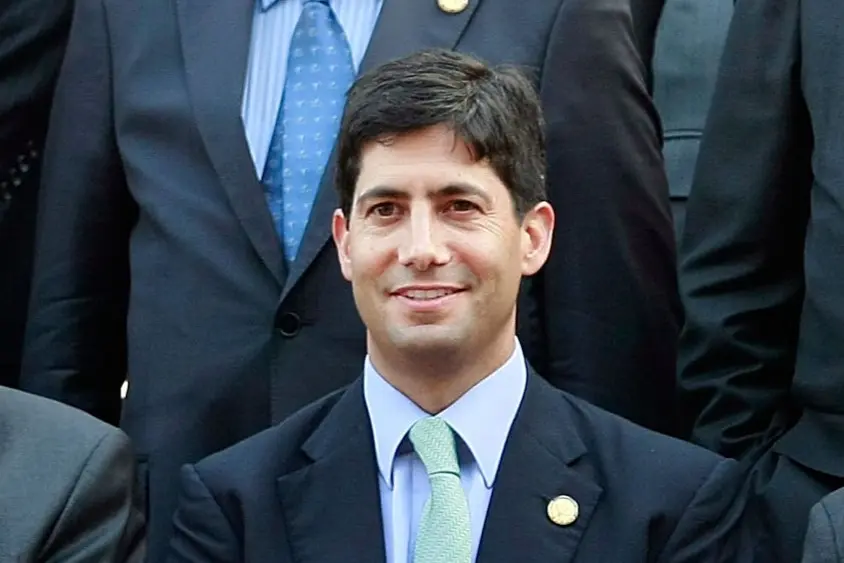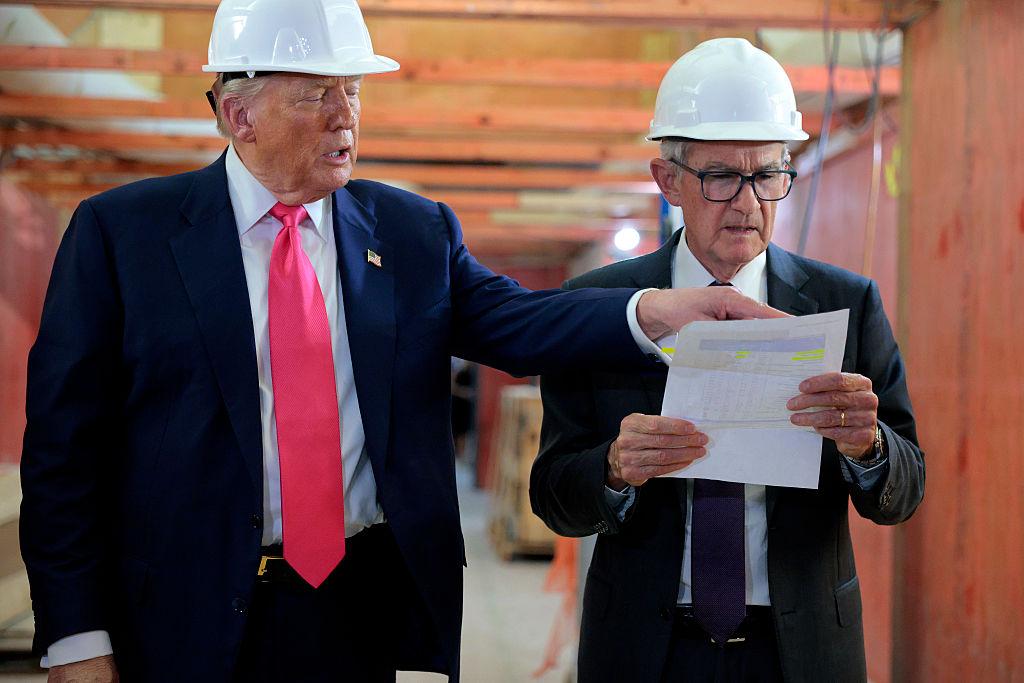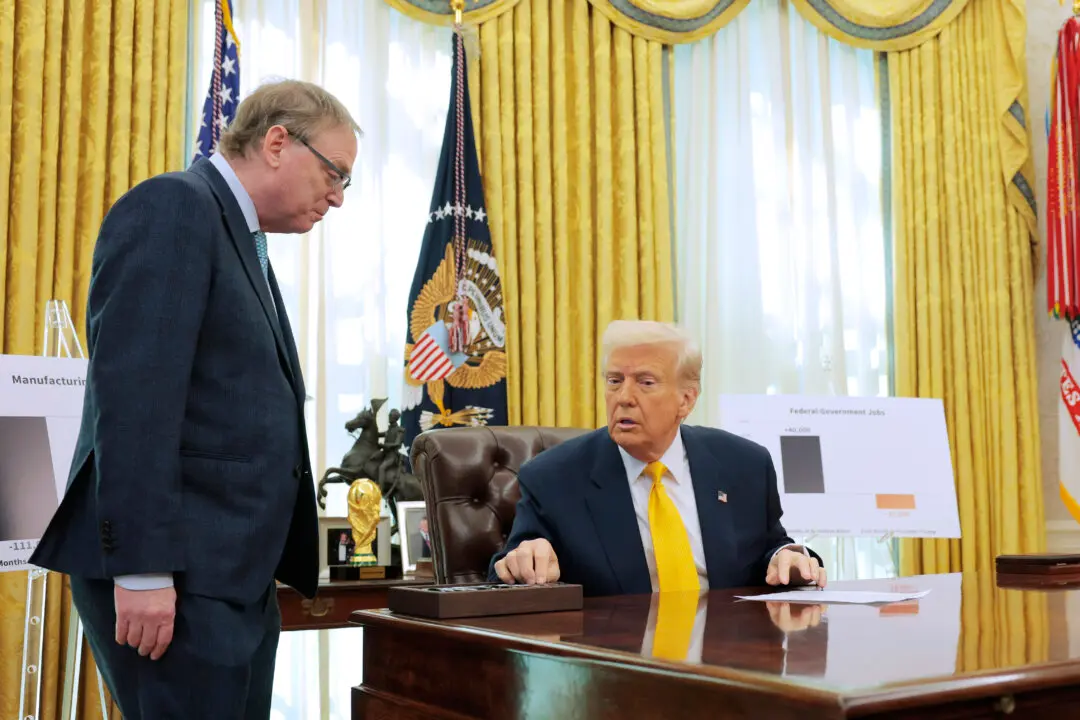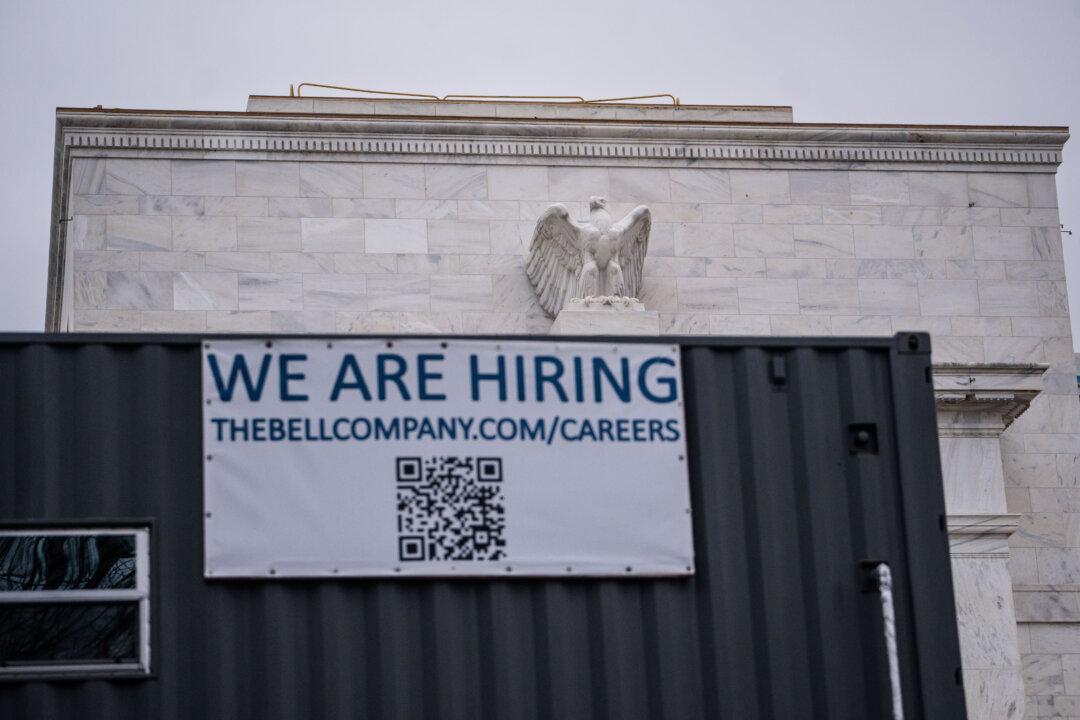Commentary
The Trump tariffs are now being referred to as the “Trump Two-Step,” since both Canada and Mexico got 30-day extensions to prove to President Donald Trump that they could secure their borders and stop the flow of fentanyl and migrants. China has been hit with a 10 percent tariff since it makes fentanyl ingredients and has imposed retaliatory tariffs on U.S. goods (effective Feb. 10), plus opened up an investigation into Google.





